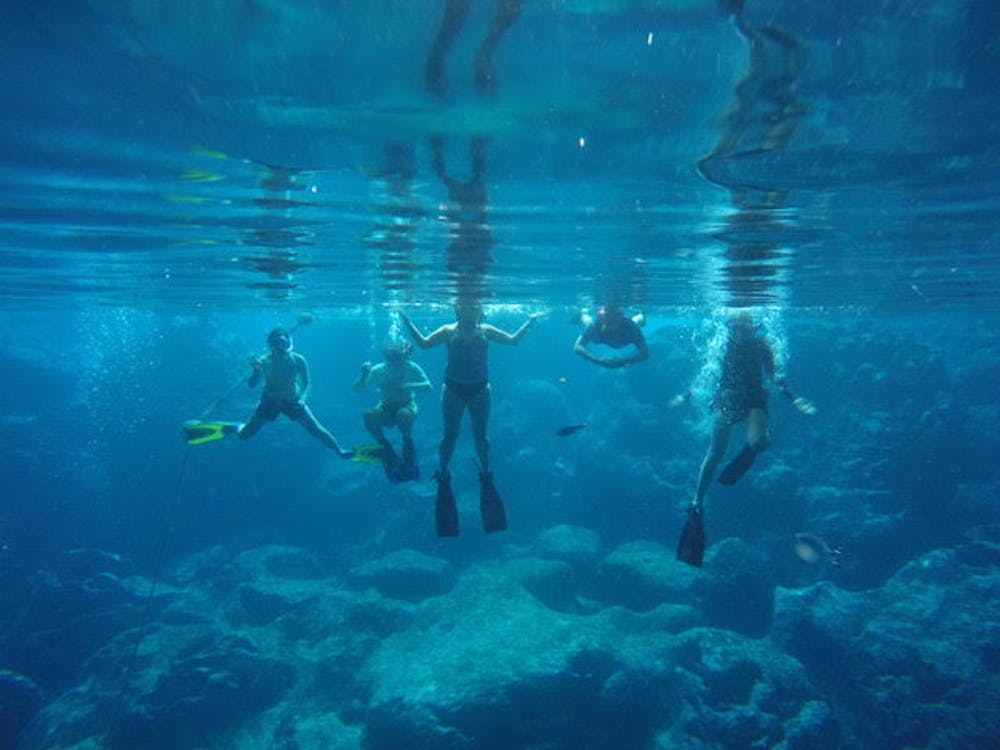It is well-known that AU is home to research centers like the Women & Politics Institute and the recently launched Anti-Racist Research & Policy Center. But students might be surprised to learn that AU is also home to the D.C. Space Grant Consortium (DCSGC), a program sponsored by NASA.
The consortium is part of the Space Grant, a national network consisting of 52 members that encompasses over 1,200 universities and organizations in the U.S. The program was authorized by federal legislation in 1989 and is administered by NASA.
With the purpose of using insitutitions to expand opportunities for Americans to participate in NASA aeronautics and space projects, the program also supports enhancing STEM education, research and public outreach. AU is the lead institution involved with DCSGC and is headed by physics department director Nate Harshman.
“NASA gives the space grant consortium a block grant with which we are charged with supporting STEM education,” Harshman said.
AU and eight other affiliates, including Howard University and George Washington University, are involved in the DCSGC. Each affiliated institution may use the money they receive however they want, as long as it is related to advancing the STEM field and education at the institution, according to the DCSGC website.
Gallaudet University uses its money primarily to work on course development, while the University of the District of Columbia has previously used funds to create a human-powered Mars rover, Harshman said.
Much of the money AU receives is applied to undergraduate research and teacher training, Harshman said, adding that this year they were able to financially support two faculty members and 12 students.
Karen Knee, an environmental science professor, is one of the faculty members who wrote winning proposals for the University’s 2018 DCSGC STEM Faculty Summer Research Program.
Knee, whose work is focused in human impact on water quality, used the grant money to continue research she and a fellow professor have been doing that assesses how groundwater transports nitrogen into coastal waters and how various seagrasses can act as a buffer to this.
“This particular grant allowed us to expand our research to another season and travel to Saipan,” Knee said.
Knee, who has previously applied for and received several other grants, said that this grant funding process was different than most others.
“Compared to many grant proposals that I’ve written, it was an easier process because it was shorter and it was an internal opportunity at AU,” Knee said. “That meant there was less competition for the money.”
Knee is one of several people in the STEM arena here at AU who has benefited from the DCSGC. Underrepresented Students in STEM (USS), a new club on campus, is in the process of establishing a scholarship fund for students that would be partially funded by money from the consortium.
The Space Grant program reached out to Juliana Delgado, a student and co-founder of USS, asking if they could provide any needed funding for the club.
“They asked what we would need and I came up with the scholarship fund and they loved the idea,” she said.
The organization has provided $2,500 to the fund, and USS is now waiting for AU to decide if they will match that donation.
“DCSGC has been overwhelmingly supportive,” Delgado said. “I had no idea how to set up a scholarship and they really helped me in doing that.”





